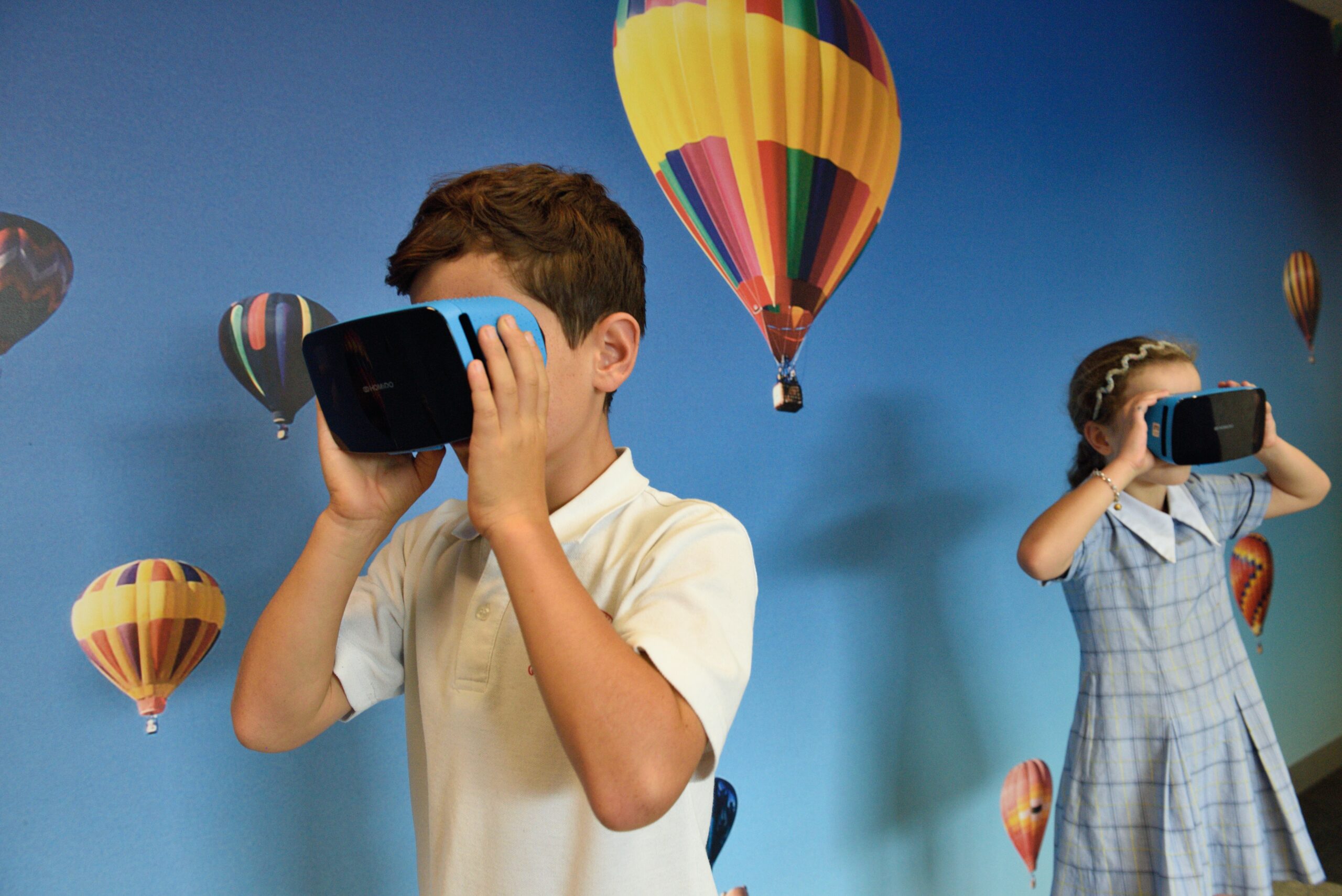AI For STEM Education Lab
AI4STEM Lab explores the great potential of applying AI in STEM education through research and practice. We are committed to promoting the applications of AI in performance-based innovative assessment practices and teachers’ instructional decision-making.
Photo by Alexander Supertramp
Research Foci
The focus of the AI4STEM Lab is to conduct research on applying Artificial Intelligence (AI) to enhance STEM education. Our projects are funded by the National Science Foundation, National Institute of Health, NAEd/Spencer Foundation, and Alexander von Humboldt Foundation. We aim to enhance STEM education by increasing the realization of AI’s potential and feasibility as a means of scaffolding STEM teachers’ instructional decision-making and promoting students’ STEM learning performance. We are developing an automatic scoring and feedback system to grade students’ constructed responses to the Next Generation Science Assessments and provide teachers with PCK supports to scaffold their timely instructional decision-making. We are also concerned about AI scoring bias and we aim to develop a curriculum to improve AI competence for students that are underrepresented in STEM.
Photo by Atikah Akhtar on Unsplash
Projects
Highlight
Our team includes professors, graduate research assistants, and alumni. All of them are making great contribution to the field of AI for STEM education research!
20+
Collaborators
Assistant Professor, Principal Investigator of AI for STEM Education Lab
Dr. Zhai edited a Special Issue in Journal of Science Education and Technology, entitled Applying Machine Learning in Science Education
Partners










